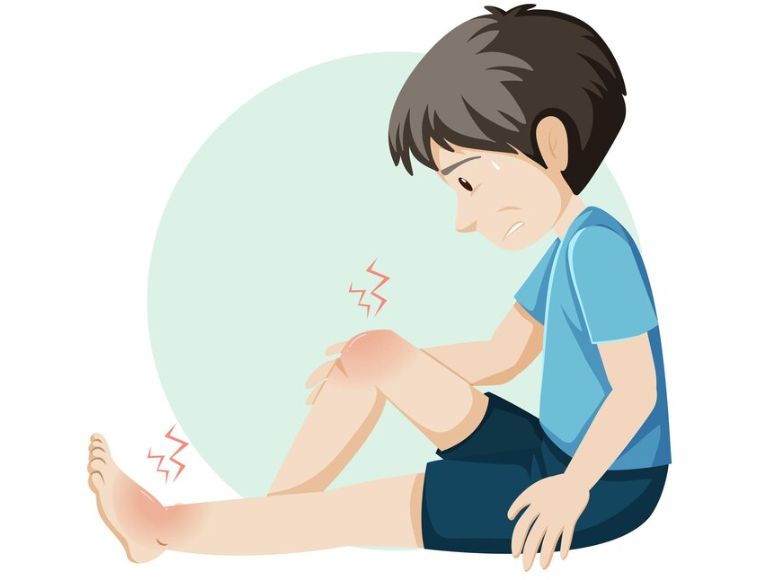
The Role of Hormones in Exploring Different Types of Joint Pain: Arthritis, Tendinitis, Bursitis, etc. – Understanding Imbalances
Have you ever wondered why your joints ache in different ways? It’s not just about getting older or overdoing it; hormones can also play a part in the types of joint pain you experience. Let’s take a closer look at how hormones influence various types of joint pain and what you can do to find relief.
Understanding Hormonal Imbalances and Joint Pain
Think of hormones as the messengers in your body, delivering important signals to keep everything running smoothly. But when these messengers get out of whack, it can lead to problems with your joints. Here’s how hormonal imbalances can affect different types of joint pain:
1. Arthritis: Hormonal changes, such as fluctuations in estrogen levels during menopause, can contribute to the development or worsening of arthritis symptoms. Inflammatory arthritis types like rheumatoid arthritis can also be influenced by hormonal imbalances.
2. Tendinitis: Hormonal fluctuations, particularly in estrogen levels, can affect the strength and elasticity of tendons, making them more prone to injury and inflammation.
3. Bursitis: Changes in hormone levels, stress, and inflammation can all contribute to the development of bursitis, a condition characterized by inflammation of the bursae, small fluid-filled sacs that cushion the joints.
4. Gout: Hormonal imbalances, particularly in testosterone levels, can affect uric acid levels in the body, increasing the risk of developing gout, a form of arthritis characterized by sudden and severe joint pain, often in the big toe.
5. Osteoporosis: Hormonal changes, such as a decrease in estrogen levels during menopause, can lead to bone loss and an increased risk of fractures, resulting in joint pain and stiffness.
Finding Relief and Managing Hormonal Imbalances
While hormonal imbalances can contribute to various types of joint pain, there are steps you can take to find relief and manage these imbalances:
- Maintain a Healthy Lifestyle: Eating a balanced diet, getting regular exercise, managing stress, and getting enough sleep can all help regulate hormone levels and alleviate joint pain.
- Seek Medical Treatment: If you’re experiencing persistent or severe joint pain, it’s essential to consult with a healthcare professional for proper diagnosis and treatment. Depending on the underlying cause, treatment options may include medication, physical therapy, or hormone therapy.
- Stay Informed: Educate yourself about the symptoms and risk factors associated with different types of joint pain, and stay proactive about managing your joint health.
Conclusion
Understanding the role of hormones in different types of joint pain can help you better manage your symptoms and improve your overall quality of life. By addressing hormonal imbalances and implementing targeted interventions, you can find relief from joint pain and enjoy greater mobility and comfort.
To seek medical advice, always consult a Doctor. Here are our recommended experts. Click Here
To read more on Joint Pains. Click Here


